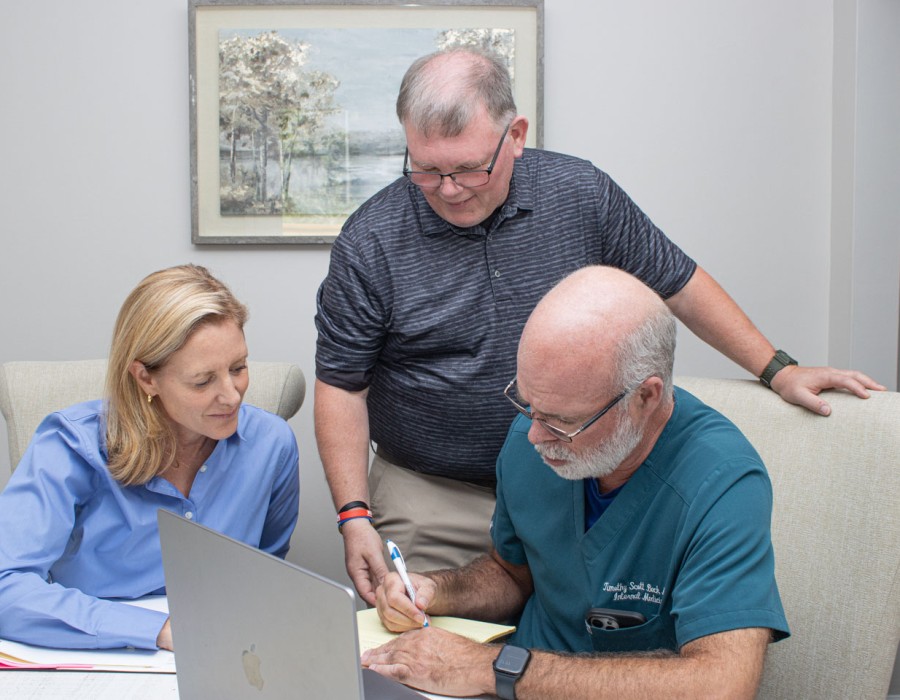In the complex world of legal disputes, particularly in cases involving personal injury, medical malpractice, or workers' compensation, the integration of medicine and law is crucial. At the heart of this intersection lies the concept of medical expert testimony, which serves as a vital bridge between the two disciplines. This testimony not only informs the court about medical issues but also aids in establishing the facts surrounding a case.
Understanding Medical Expert Testimony
Medical expert testimony involves a qualified physician or healthcare professional providing insights based on their specialized knowledge. These experts are called upon to explain medical conditions, treatments, and the standard of care expected in specific situations. Their role is to provide clarity where the law and medical science meet, helping judges and juries make informed decisions.
The Importance of Expertise
The credibility of medical expert testimony often hinges on the qualifications and experience of the witness. A well-respected expert can significantly influence the outcome of a case. Their ability to present complex medical concepts in a clear and understandable manner is crucial. For instance, in a malpractice case, an expert may be called to testify whether a healthcare provider acted according to the accepted standard of care. Their evaluation can make or break a claim.
Enhancing Legal Arguments
Expert testimony can enhance legal arguments by providing empirical evidence that supports claims made by attorneys. In personal injury cases, for instance, a medical expert may detail the extent of a plaintiff's injuries, linking them directly to the incident in question. This connection is essential for establishing causation, a key component in many legal cases. Without expert testimony, jurors may struggle to grasp the medical intricacies involved, which can lead to misconceptions or misjudgments.
Addressing Challenges in Court
The role of medical experts also extends to countering opposing arguments. Defense attorneys often employ their own medical experts to challenge the plaintiff’s claims, questioning the validity of diagnoses or the appropriateness of treatment plans. This adversarial dynamic highlights the need for robust and well-articulated expert testimony. A seasoned medical expert can effectively rebut claims, providing alternative explanations that may influence a jury's perception of the case.
The Evolving Landscape of Medical Testimony
As the healthcare landscape evolves, so too does the nature of medical expert testimony. With advances in telemedicine, genetics, and technology, experts now have to stay abreast of the latest developments in their fields. This ongoing education is vital, as jurors may be unfamiliar with new medical practices or innovations. Therefore, experts must not only be knowledgeable but also adaptable, able to communicate these advancements effectively.
Ethical Considerations
While the role of medical experts is crucial, it’s essential to recognize the ethical considerations involved. Experts must maintain objectivity and avoid any bias that could undermine their credibility. It is the responsibility of both legal teams and the experts themselves to ensure that testimony is based on sound science rather than personal agendas. This commitment to integrity helps uphold the justice system and ensures that outcomes are based on facts rather than manipulation.
Conclusion
In conclusion, medical expert testimony is a cornerstone of the intersection between medicine and law. Its significance cannot be overstated, as it provides clarity, supports legal arguments, and ensures that justice is served. As the legal and medical fields continue to evolve, the demand for qualified experts who can navigate this intersection will remain essential. By understanding and valuing the role of medical experts, we can ensure that our legal system remains informed and fair, ultimately leading to better outcomes for all parties involved.





Comments